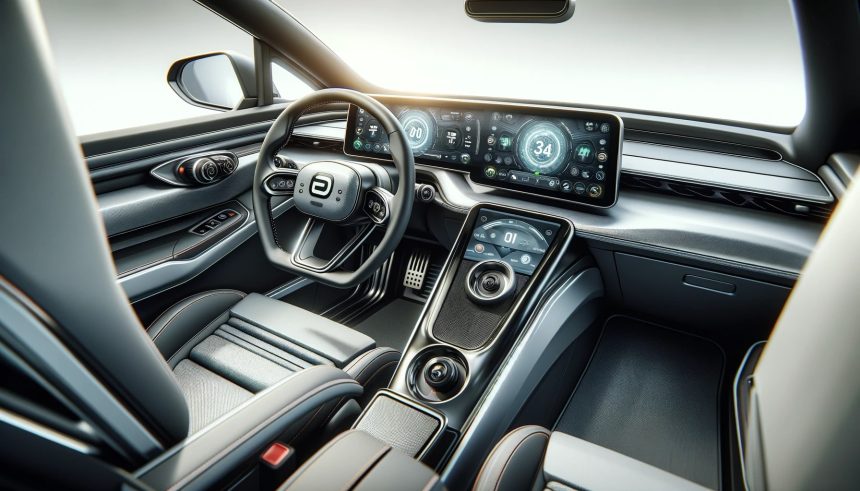The IET Power Electronics article, “A novel hybrid PI–backstepping cascade controller for battery–supercapacitor electric vehicles considering various driving cycles scenarios,” unveils an innovative approach to managing power flow in electric vehicles. This new controller combines proportional–integral (PI) and backstepping nonlinear control techniques to enhance the regulation of DC bus voltage and manage the currents of onboard battery and supercapacitor sources. This hybrid control strategy aims to tackle the challenges posed by uncertainties and high power load fluctuations in various driving cycles, offering a robust and efficient solution for Hybrid Energy Storage Systems (HESS).
The integration of supercapacitors into electric vehicle energy storage systems has garnered significant interest as a promising solution to enhance performance. Bidirectional DC/DC converters (BDDCs) are essential for managing power flow, controlling currents, and regulating the DC bus voltage in HESS. However, BDDCs often face challenges due to uncertainties and high power load fluctuations, necessitating a controller with fast dynamics, stability, and robustness. The hybrid PI–backstepping cascade controller proposed in this research addresses these issues by providing superior voltage regulation and current control under varying load conditions.
Controller Design and Stability Analysis
This novel controller combines the strengths of proportional–integral control and backstepping nonlinear control. The proportional–integral component ensures steady-state error correction, while the backstepping method enhances the system’s ability to handle nonlinearities and uncertainties. To validate the controller’s performance, a nonlinear stability analysis using the Lyapunov theorem was conducted, confirming the system’s asymptotic stability. Additionally, a power management strategy was employed to distribute power loads and generate reference currents for the BDDCs controller, ensuring efficient power flow management.
Simulation results using MATLAB/Simulink demonstrated the superiority of the proposed hybrid controller over conventional PI and backstepping controllers. Under various driving cycles, the hybrid controller exhibited enhanced stability and robustness, effectively adapting to load fluctuations and uncertainties. The real-time controller-hardware-in-the-loop test bench further validated the effectiveness of the proposed strategy, showcasing its practical application in real-world scenarios.
Comparative Insights
Past research in this domain has explored different methods to optimize power management in electric vehicles, often focusing on either PI or backstepping control methods individually. However, these traditional approaches sometimes struggled to balance speed and stability under dynamic conditions. The integration of both PI and backstepping techniques in this new hybrid controller represents a significant advancement, addressing the limitations observed in previous studies and providing a more holistic solution.
Prior studies often highlighted the need for improved energy storage management to enhance the performance and longevity of electric vehicles. The current research builds upon these findings by not just proposing a hybrid controller but also rigorously validating its efficacy through both simulations and real-time testing. This dual validation approach underscores the reliability and potential of the new controller for real-world applications.
The hybrid PI–backstepping cascade controller for battery–supercapacitor electric vehicles offers a sophisticated solution to the challenges of power management in HESS. By integrating the benefits of both PI and backstepping control methods, this approach ensures robust voltage regulation and current control amidst uncertainties and load fluctuations. The comprehensive validation through simulations and real-time testing confirms its effectiveness, marking a significant step forward in electric vehicle technology. For engineers and researchers, this development underscores the importance of hybrid control strategies in advancing the efficiency and reliability of electric vehicle power systems.










